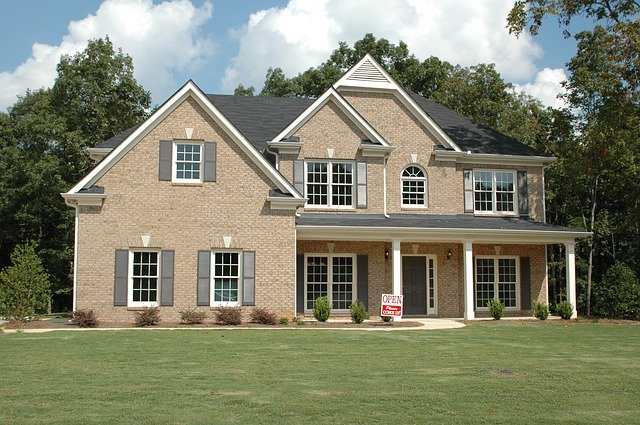
Having enough money for a down payment on your next home might be an obstacle that causes you to worry. Don’t assume that a lack of funds in your bank account automatically means you can’t successfully buy a house. There are several paths to consider that make it possible to purchase a house with no money down.
VA Lending Might be an Option
Read More »- Active-duty service members
- Family members of veterans
- Veterans
If you fall into one of these categories, then you’re eligible to buy a house with very few closing costs and no down payment. This is because there isn’t any sort of minimum down payment required when obtaining lending in this manner. You can also avoid paying for mortgage insurance premiums (MIP) that comes with many other types of options.
Look at Homebuyer Assistance Programs
There are numerous assistance programs available if this is your first time buying a house. These programs vary by local and state regions and usually provide an opportunity to purchase with zero money down. Some non-profit organizations provide this type of assistance. Take the time to research the programs available in your state and simply follow the steps required by any programs you uncover.
FHA Loans
FHA loans might require some level of down payment but it’s worth exploring your options in this area. The criteria required to qualify for an FHA loan is less restrictive than most other options available. It’s true that you’ll probably need to come to the table with at least 3.5% down. However, the source of that down payment doesn’t need to come out of your pocket. You can fund it via:
- Government agency programs
- Non-profit programs
- Gifts
FHA loans allow for the seller to provide up to 6% toward closing costs as well. One long-term cost to understand is that MIP payments will be added to your monthly requirement.
Down Payment Gift Option
It’s possible to use money received from a family member as your down payment. If you have someone who loves you and wants to help you get into your house, then definitely consider this option. Every lender has different rules when it comes requirements for proving the paper trail. Generally speaking, lenders want the paper trail to reveal:
- Who gifted the money to you
- How they paid you the money
- When the gift was received
- Verification that repayment isn’t required
Consider the USDA Program
A rural development lending option, otherwise known as the USDA program, is another route that might allow you to purchase a house with no money down. Some of the eligible areas inside this program are actually located in suburban areas. It’s wise to investigate whether any property you’re considering qualifies under the USDA program. You will pay for MIP using this type of lending. Income restrictions and lending limits vary by location.
Get the Seller to Agree to Pay Closing Costs
It’s unlikely that you’ll get a seller to pay closing costs if you happen to buy during a seller’s market. However, this is definitely a possibility if you’re buying your house inside a buyer’s market. A buyer’s market exists when the supply of available homes is greater than buyer demand. It can’t hurt for you and your realtor to try negotiating with the seller in this manner.
Keep These Considerations in Mind
Although finding a no money down option has its benefits when your available cash is low, you shouldn’t avoid thinking through potential drawbacks.
- Some lenders will ask for higher monthly payments or interest rates to offset the fact that you don’t risk as much than you would when coming in with a down payment.
- Paying for MIP increases the long-term cost of the loan.
- It will take longer to build equity in the property when you don’t make a down payment. This shouldn’t be an issue, however, if you don’t plan to sell within five years or so.
It’s true that there are several issues to think through when purchasing a house for no money down. On the other hand, it’s an excellent way to get into a new property when you simply don’t have the cash required to place 20% down.
In that case, going with one of the above zero-down funding options is the intelligent path to go down. You’re able to accomplish your goal without completely draining all available emergency funds. Ask your mortgage lender to help you sift through the options that make sense based on your credit score, debt ratios and other important factors.





